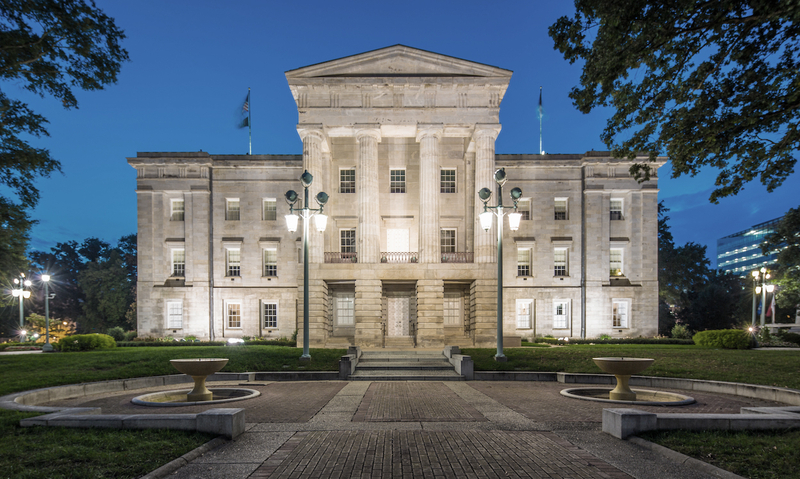
“From the very beginning, we have worked towards a speedy resolution to being placed onto the ballot; this is something that should have occurred two months ago,” Hoh said in an email. “We are excited to finally see troubling obstructions to democracy and the democratic process fall to the wayside, so we can lift up the values that compelled me to run as a candidate, in the first place.”
On Friday, U.S. District Court Judge James C. Devers ordered the State Board of Elections to put Hoh and state Senate District 16 candidate Michael Trudeau on this year’s ballot.
The decision comes after the board reversed a prior decision that questioned the validity of some petition entries and officially recognized the party.
Investigators with the board continue to look into whether a portion of the petitions submitted were fraudulent, but in its decision Monday the board heard evidence that there are not enough in question to put the party below the threshold required.
According to the Board of Elections running tally, there are currently 15,472 valid signatures, well above the 13,865 required.
The state’s two largest parties took sides in the months long controversy over the validity of petitions gathered to recognize the party, which would allow its candidates access to the ballot.
GOP officials have backed the Green Party’s effort and the National Republican Senatorial Committee filed a brief in support in the federal lawsuit.
National and state Democratic Party organizations, including the Democratic Senatorial Campaign Committee, challenged recognition and after the election board decision state party officials threatened further legal action in state court to prevent recognition for the 2022 cycle.
That effort is now likely moot after Devers, chief judge for the Eastern District, asserted federal jurisdiction in the matter in his Friday decision.
Hoh said he’s looking forward to an active campaign in the last 100 days of the election and will rely on a network of grassroots volunteers to get the word out.
“We plan on continuing to reach out to those most impacted and indeed, left behind, due to the policies of the Democratic and Republicans parties,” Hoh said. “We look forward to showing up and reaching out to those fed up with the two-party system.”
Hoh joins the three-person ballot of Democrat Cheri Beasley, Republican Ted Budd and Libertarian Shannon Bray.
The political fallout of the addition of a candidate that is more likely to draw from the pool of Beasley voters is unclear for now.
Hoh polled just below 1% in a John Locke Foundation poll conducted in mid-June that is the only poll to include him so far. Bray drew 2.9%.
Western Carolina political science professor Chris Cooper said that may not seem like much, but in as race as close as the Beasley-Budd match-up, every fraction matters.
“We’re talking about a race the could be decided within the margin of error,” he said. “If a Green Party candidate can a pull two to three percentage of the vote, then it could absolutely be a game changer.”
Fixing petitioning flaws
The Board of Elections drew heavy criticism following its July decision. After Monday’s reversal, Hoh said the decision vindicated his party’s efforts despite partisan opposition. Green Party co-chair Tony Ndege said the board’s behavior had tarnished its reputation.
In a statement following the vote, elections board chair Damon Circosta defended the process. but said he would seek changes in state law on the petition gathering process.
“To myself and my fellow State Board members, this was never a political decision, but always an important one,” Circosta said. “I personally did what I said I would do from the start. If there came a time when I believed there were enough valid signatures to recognize the Green Party, I would vote to do so.”
Circosta said concerns about fraudulent petitions and a lack of cooperation by contractors hired by the Green Party slowed the validation process.
He said the board plans to ask for changes to the petition laws to prevent fraud in the signature collection process.



